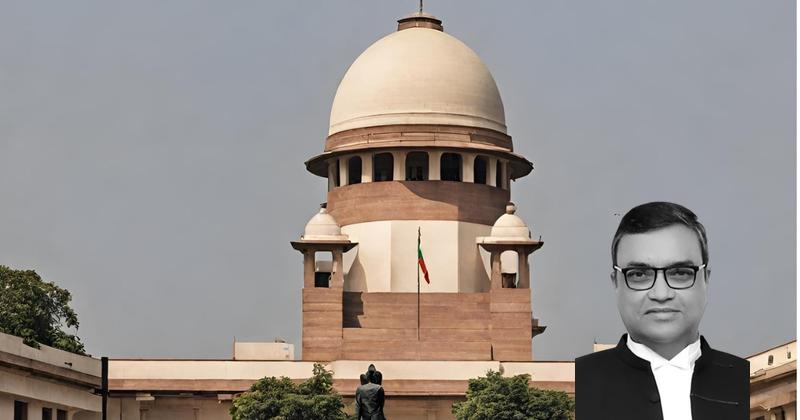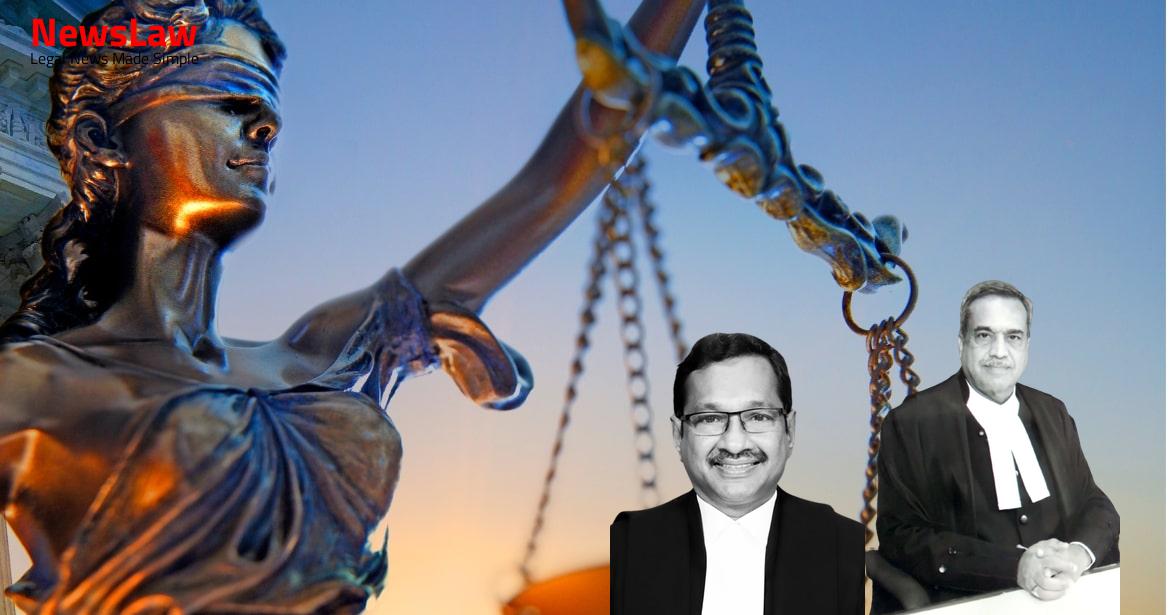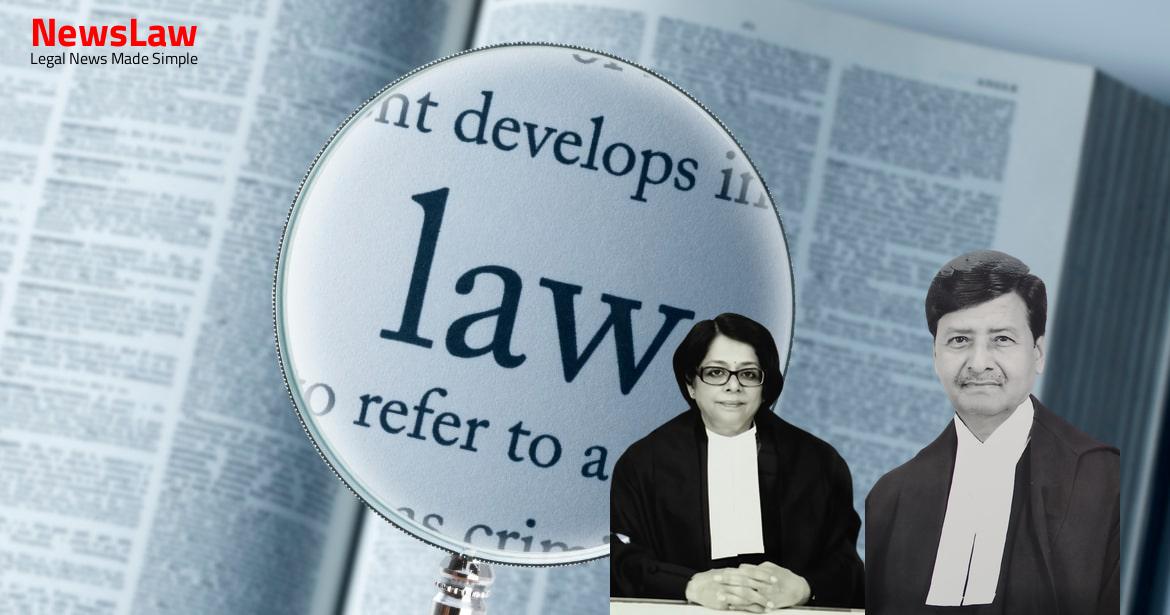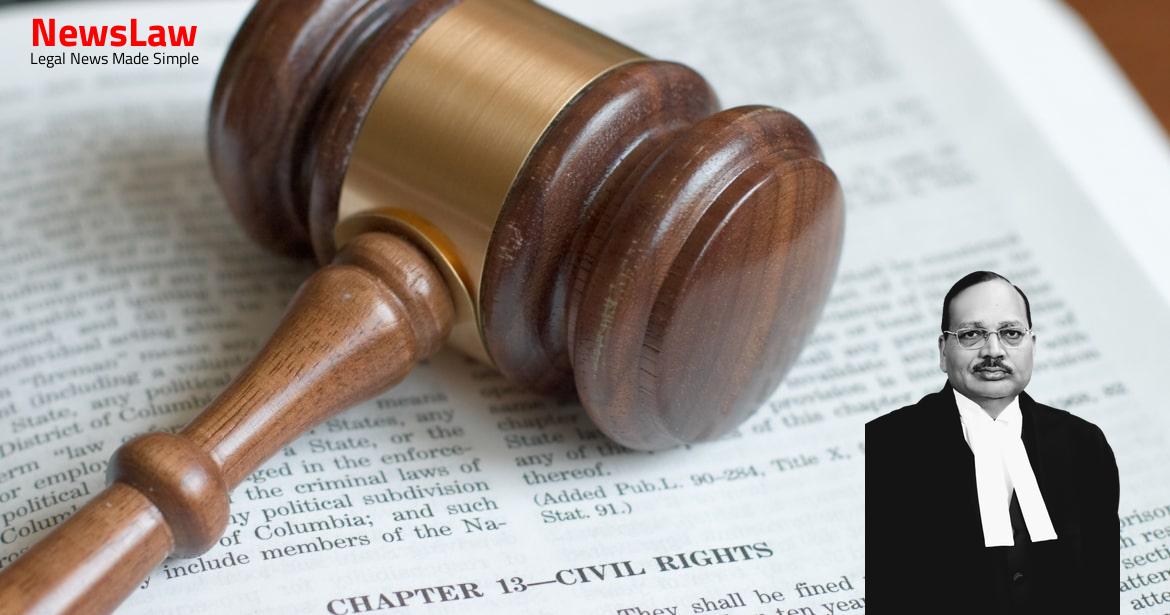Civil Appeal
No 8980 of 2012 is directed against the judgment and order of the High Court dated 7 September, 2007 allowing a writ petition presented before it by M/s. 1 to 5.“ Aggrieved by the judgment and order dated 7 September, 2007, the official respondents in the writ petition applied for a review. In these circumstances, the present application for reviewing the order dated 07-09-09 is dismissed on the ground of delay as well as on the merits.” The said order dated October 29, 2009 is challenged in C.A.
However, Eastman too having committed default in liquidating its dues, the subject property was eventually put up for sale in an open auction on 18 January, 2005 under rules 8 and 9 of the Security Interest (Enforcement) Rules, 2002 (for brevity “SARFAESI Rules”, hereafter). After issuance of the sale certificate, the State Bank by its letter dated 24 February, 2006 informed various authorities including the taxation department of the State of sale of the subject property to the first respondent. The order of rejection dated 22 December, 2006 was assailed in the writ petition and orders were sought seeking (i) deletion of adverse entries regarding the sales tax liability of Regent and Eastman; (ii) direction upon the tehsildar to mutate the subject property, after quashing of the order dated 22 December 2006; and (iii) declaring the action of the excise and taxation officer as illegal, unjust and without the authority of law. The powers are absolute and in view of the non obstante clause contained in Section 35 of the Act, would have an overriding effect over all inconsistent provisions contained in any other law. The amount so assessed is required to be paid by the assessee within the time stipulated in the notice to be issued by the Assessing Authority, failing which the amount due is recoverable as arrears of land revenue as provided for under section 16, which, however, in view of non obstante clause contained in section 16A comes into operation only after the dealer failed to pay the amount due when a notice in writing is issued to him.
Further the right of the respondent-State to have a first charge on the property of the dealer can be only if there is proper adjudication and determination of the amount due under the Tax Act and in the absence thereof, it cannot be said that the tax is due and payable by the dealer. Assuming that the first charge stood created prior to the passing of the order of assessment, in our view the provisions of section 35 of the Act would override the inconsistent provisions of section 16B of the Tax Act leading to the only conclusion and that there is no prior charge on the property except for that of the Bank with whom the property was mortgaged. revenue record did not reflect any status of encumbrance of the property or creation of 1st charge in spite of the fact that the respondents were duly informed about the auction and issuance of the sale certificate by the Bank in favour of the petitioner.
Upon introduction of the Recovery of Debts due to Banks and Financial Institutions Act, 1993 (for brevity “DRT Act”, hereafter) and constitution of the Debts Recovery Tribunals, the suit was transferred to the Debts Recovery Tribunal, Jaipur (for brevity “DRT, Jaipur”, hereafter). concluded that the claim of PNB against the mortgaged property had become secondary in view of the auction initiated by the State for recovery of sales tax dues. Prayer in the writ petition was for orders restraining sale by auction of the mortgaged property of the borrower at Baddi, District Solan for recovery of arrears of sales tax dues, and to strike down section 16-B of the HPGST Act as ultra vires the provisions of the Constitution, the DRT Act, the Transfer of Property Act, 1872, the Contract Act, 1872 and the Banking Companies (Acquisition and Transfer of Undertakings) Act, 1970 (for brevity “Banking Companies Act”, hereafter).
Reference was made to the decision of this Court in State Bank of Bikaner and Jaipur (supra) where this Court considered section 11-AAAA of the Rajasthan Sales Tax Act, 1954, which is pari materia with section 16-B of the HPGST Act, creating a first charge on the property of the dealer. (supra) the High Court had not declared section 35 of the SARFAESI Act as ultra vires, the Division Bench of the High Court in seisin of the writ petition of PNB proceeded a step further and held section 16-B of the HPGST Act to be inconsistent with section 35 of the SARFAESI Act; and, then declared the said section as ultra vires the Constitution and the Banking Companies Act. Therefore, in view of the decision in Dena Bank’s case it is clear that it only gives preferential right to the State to recover the sales tax in preference to unsecured creditors but once the property in question already stood mortgaged and they had proceeded prior in time, they can recover the amount in pursuance of the consent decree passed in their favour, the State has no preferential right to sell the property and, therefore, the petitioner bank is entitled to sell the mortgaged property and realize the arrears of amount due to them and State shall be entitled to recover the balance amount, if any, left with the bank or in the alternative, they are at liberty to proceed against respondents No 4 to 6 for recovery of the amount by proceeding against them in accordance with law.
Dissatisfied with the judgment and order dated 2 January 2008, the State and the Commissioner on 22 May, 2008 filed an application under section 151 of the CPC for “rectification etc., of the judgment/order dated 2 January, 2008”.
Also Read: https://newslaw.in/supreme-court/appellant-convicted-for-culpable-homicide-not-amounting-to-murder/
In an application under Section 151 CPC, the applicants cannot be permitted to rake up absolutely new pleas which were never taken or argued in the writ petition. On the special leave petitions carried by the State from the judgment and order passed on PNB’s writ petition and the order of dismissal of the State’s application under section 151 of the CPC, an order was passed by this Court on 11 March, 2011 recording as follows: “The respondent-Bank has filed an affidavit contending inter alia that they have recovered their dues and also released the property, which was under mortgage in favour of the borrower since they have liquidated the loan amount with interest. Re-notify on 18.3.2011.”
The next effective order dated 8 April, 2011 passed by this Court on the aforesaid special leave petitions recorded that: “So far these petitions are concerned, in our considered opinion, these petitions have been rendered infructuous partly in view of the fact that bank, who is a contesting respondent no. Practically, with the exit of PNB from the proceedings in view of the developments subsequent to filing of the special leave petitions resulting in dismissal of the special leave petitions qua PNB, it admits of no doubt that the issue inter se the relevant parties, i.e., the State and PNB, as to whether the High Court was justified in outlawing section 16-B of the HPGST Act, attained finality.
(iii) Whether having regard to the facts and circumstances triggering the writ petitions, the High Court was justified in returning the findings that the State’s claim of first charge on the subject properties is not substantiated? The power to review is also inherent in this Court and if judicial satisfaction is reached that an order has been passed, which ought not to have been passed, it is accepted that a mistake has been committed, it is not only appropriate but also the duty of this Court to rectify the mistake by exercising inherent powers. A reading of the affidavit reveals that during the pendency of the writ petition (filed by PNB) before the High Court, the borrower had offered a compromise proposal which PNB had accepted. Ultimately, in paragraph 5, PNB submitted that “it extends its unconditional apology for not bringing the aforesaid facts to the notice of Hon’ble High Court at the time of reserving the orders in writ petition on 27 November, 2007” and that “the aforesaid facts could not be brought to the notice of Hon’ble High Court due to inadvertence and the same was not deliberate or intentional”. In our considered opinion, it was also a clear but inadvertent error on the part of this Court to dismiss only the special leave petition against PNB as infructuous; the appropriate course for this Court ought to have been to dismiss the writ petition of PNB itself as infructuous having regard to the clear stand taken by PNB in its aforesaid affidavit dated 30 September, 2010 that nothing survived for a decision on the writ petition on the date it was decided in view of release of the property from mortgage.
Also Read: https://newslaw.in/supreme-court/ownership-dispute-commissioners-order-and-revenue-documents/
Since the writ petition had been rendered infructuous on the date it was decided, it was not necessary for the High Court to pronounce on the validity of section 16-B. The non obstante clauses contained in Section 34(1) of the DRT Act and Section 35 of the Securitisation Act give overriding effect to the provisions of those Acts only if there is anything inconsistent contained in any other law or instrument having effect by virtue of any other law. If Parliament intended to create first charge in favour of banks, financial institutions or other secured creditors on the property of the borrower, then it would have incorporated a provision like Section 529-A of the Companies Act or Section 11(2) of the EPF Act and ensured that notwithstanding series of judicial pronouncements, dues of banks, financial institutions and other secured creditors should have priority over the State’s statutory first charge in the matter of recovery of the dues of sales tax, etc. The definition of ‘securitisation company’ and ‘reconstruction company’ in Sections 2(1)(za) and (v) shows that these companies may be private companies registered under the Companies Act, 1956 and having a certificate of registration from Reserve Bank under Section 3 of the Securitisation Act. If Parliament intended to give priority to the dues of banks, financial institutions and other secured creditors over the first charge created under State legislations then provisions similar to those contained in Section 14-A of the Workmen’s Compensation Act, 1923, Section 11(2) of the EPF Act, Section 74(1) of the Estate Duty Act, 1953, Section 25(2) of the Mines and Minerals (Regulation and Development) Act, 1957, Section 30 of the Gift Tax Act, and Section 529-A of the Companies Act, 1956 would have been incorporated in the DRT Act and the Securitisation Act. It is much after this decision in Central Bank of India (supra) that Parliament proceeded to amend the DRT Act and the SARFAESI Act by the Enforcement of Security Interest and Recovery of Debts Laws and Miscellaneous Provisions (Amendment) Act, 2016. Chapter IV-A was introduced in the SARFAESI Act, with effect from 24 January, 2020, containing, inter alia, section 26E which accorded priority in payment to a secured creditor over all other dues in enforcement of the security, subject to conditions specified elsewhere in the said chapter. In the light of the above, while answering the second issue we hold that section 16-B of the HPGST Act is a perfectly valid piece of legislation and is not ultra vires the Constitution and/or the Banking Companies Act as erroneously held in the decision of the High Court dated 2 January, 2008.
We further do not consider it appropriate to reopen the proceedings against PNB, bearing in mind the circumstance that more than a decade has lapsed since the order of this Court dated 8 April, 2011 was made. Nos.9212-9213 of 2012, we may observe that in view of the findings returned by the High Court on the question of absence of determination of liability, with which we have concurred, it was absolutely unnecessary for the High Court to outlaw section 16-B of the HPGST Act. – Notwithstanding anything to the contrary contained in any law for the time being in force, any amount of tax and penalty including interest, if any, payable by a dealer or any other person under this Act shall be a fust charge on the property of the dealer or such other person.” Having regard to the terms of section 16 of the HPGST Act noted above, the HPLR Act, to the extent the same provides for the procedure for recovery of dues as arrears of land revenue, needs to be briefly noticed. Section 75-A envisages that at any time after arrears of land revenue accrue, a Revenue Officer may issue a warrant directing an officer named therein to arrest the defaulter and bring him before the Revenue Officer and section 81 confers power of sale of estate or holding. The department further urged that sales taxes dues would be higher in priority over any mortgage since the State would have a first charge. We are of the opinion that no relevant documentary evidence having been placed before the High Court, when CWP 306 of 2007 was being heard, to indicate that necessary steps under the HPGST Act had been initiated by the State and its officers, the third issue has to be answered by holding that the State not having taken steps as required by law for realization of its dues, there was no determination of liability, a fortiori, question of taking recourse to the HPLR Act for recovery of dues as arrears of land revenue did not arise. A recall application under section 151 of the CPC, therefore, was not the proper remedy in the circumstances.
However, undue indulgence cannot be shown to the State Governments either when they do not file a proper reply or when, despite there being a provision for review, such remedy is not pursued and a different one pursued presumably to overcome the restrictions the provision for review imposes. Parties shall bear their own costs.
Case Title: STATE OF HIMACHAL PRADESH Vs. THE RECOVERY OFFICER, DEBT RECOVERY TRIBUNAL (2023 INSC 446)
Case Number: C.A. No.-009212-009213 / 2012



